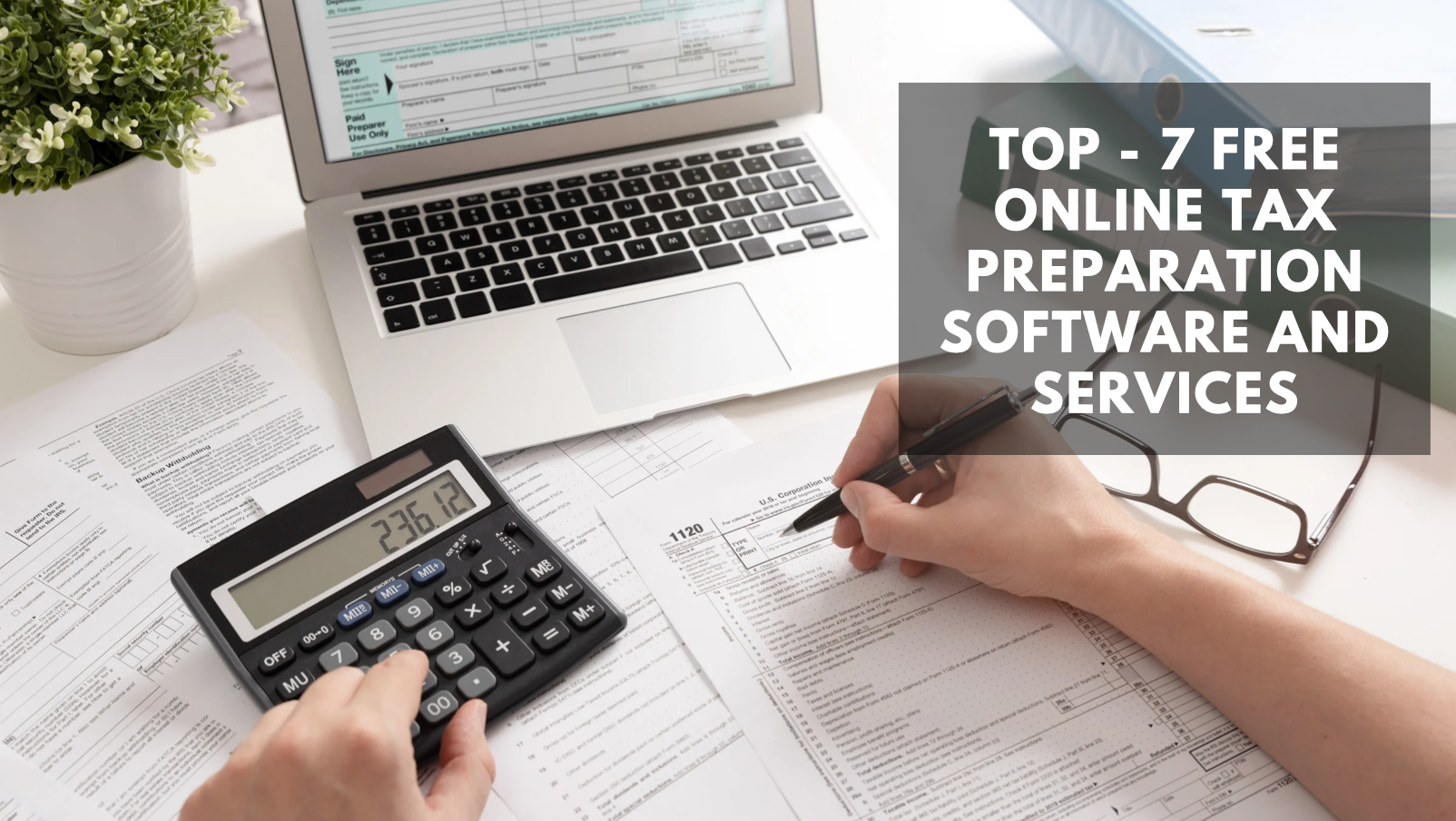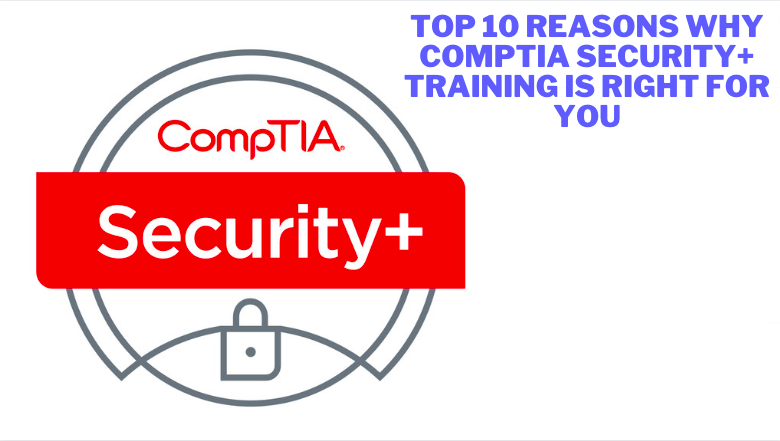Table of Contents
Suppose You Are Unable to Pay Your Taxes. What Happens Then?
What happens if you file your tax return and discover that you are unable to pay the amount you owe? What are your options?
This isn’t meant to happen in this situation. You’re meant to pay your income taxes in instalments throughout the year so that by April, you won’t owe much or even be eligible for a refund for taxes you’ve already paid in full.
Employees’ wages are withheld from their paychecks to cover income tax.
Self-employed taxpayers are required to pay quarterly estimated taxes to the Internal Revenue Service, which is administered by the IRS (IRS).
However, your life situation may alter or an extraordinary one-time occurrence may occur during the course of the year.
When you prepare your annual tax return, you can be in for a nasty surprise:
You might find yourself owing hundreds or thousands of dollars in taxes that you didn’t expect and don’t have the money to pay.
The fact that you are in this scenario is not the end of the world, even if it is a bad one. There are a variety of approaches that can be used to remedy the situation.
IMPORTANT TAKEAWAYS
- If you do not pay your taxes by the due date, you will begin to incur interest and penalties on the amount that is owed to the Internal Revenue Service.
- After a period of time, you may find yourself the subject of liens against your property or wage garnishment.
- It is possible to be sentenced to up to five years in prison if you engage in the most serious tax evasion.
- Make sure to file your tax return on time, even if you are unable to pay your tax liability at that time, to avoid incurring further penalties for failing to do so.
- You might charge your tax liability to your credit card in exchange for a convenience fee, or you could apply for a debt consolidation loan in order to pay your tax bill on time.
- You can also use your existing funds, such as an emergency fund, a home equity line of credit, or a retirement account, to fund your withdrawal.
The Consequences of Failing to File or Pay Your Taxes
If you find yourself in a tight spot, you don’t want to make the mistake of skipping your tax return or failing to pay your taxes entirely.
Unless you make an effort to make good on your income tax due, the government has the jurisdiction to seize your assets without your consent. 3 Depending on the severity of the case, you may be sentenced to prison.
There are a variety of situations that can result in the imposition of penalties and interest charges. The two most common ones are filing your tax return late and paying your taxes late, both of which are penalties.
Because of Hurricane Ida, residents and company owners in Louisiana, as well as areas of Mississippi, New York, and New Jersey, were granted extensions on their filing and payment deadlines with the Internal Revenue Service
. Taxpayers in sections of Kentucky were also granted extensions as a result of the tornado that struck the state in December 2021.
You can check the IRS disaster relief announcements to see whether you are eligible for assistance.
Filing your taxes late is a serious offence
If you are not going to be able to file your tax return by the deadline, you should file for an extension of time to file by sending Form 4868 to the Internal Revenue Service by the due date on the extension request (typically April 15th).
The fact that you have filed this form does not imply that you have been granted an extension on the period you have to pay your tax bill. However, you are still responsible for sending any money you owe before the deadline.
Even if you file Form 4868, you must be assured that your tax burden has been satisfied before you may proceed (or more conservatively, overpaid, with a refund due at the time you actually file your return).
Failure to file your tax return on time, or failing to file at all, will result in failure-to-file penalties being assessed against you.
These fees are assessed on returns that are not filed by the due date (or extended due date, if you have filed a Form 4868) or are late for any other reason.
The penalties accrue at a rate of 5% of the unpaid taxes for each month or portion of a month that a tax return is late, regardless of how long it has been past due.
The charges reach their apex after five months, at which point the failure-to-file penalty equals 25% of the outstanding tax amount is assessed.
A failure-to-file penalty of $435 or 100% of your total tax liability (for tax returns having a due date after December 31, 2020) will be assessed if your return is filed more than 60 days after the due date (or extended deadline), whichever is greater.
As you can see, filing late, with or without an extension, does not result in a benefit.
However, even if you do not have the funds to pay your outstanding tax bill by the due date, you should nonetheless file your tax return in order to avoid incurring additional failure-to-file penalties and interest on top of the previously mentioned failure-to-pay penalties and interest.
Paying your taxes late is a serious offence.
The temptation to file your tax return but fail to pay the money you owe may be too strong to resist. If you fail to make your tax payments before the due date, you will be subject to interest and penalties on the amount that remains unpaid after that date.
Interest is charged on late payments at a rate equal to the federal short-term rate plus a 3% compounded daily rate after the due date (whether or not you filed an extension of time to file your return).
The failure-to-pay penalty charge is calculated at a rate of 0.5% of the outstanding tax liability for each month that the debt remains unpaid, up to a maximum rate of 25% of the outstanding tax liability.
In the event that you have not filed your tax return and have not paid your tax liability, you will be subject to both failure-to-file and failure-to-pay penalties.
Each month, a maximum of 5% will be charged in this instance (4.5% for failure-to-file and 0.5% for failure-to-pay).
Failure to file and failure to pay your taxes can result in a penalty of up to 47.5% of your entire tax liability (22.5% for late filing, which is capped after 5 months, and 25% for late payment, which is capped after 50 months)
At some point, the government will send you a letter requesting payment for the unpaid tax sum that you owe.
If you fail to respond to this letter, the Internal Revenue Service may file a Notice of Federal Tax Lien to notify creditors that the IRS has a claim to your personal property, real estate, or other valuable assets. A lien is a legal document that protects the government’s interest in your property.
If the obligation is not paid for an extended period of time, the IRS may levy the property. An IRS levy is a legal process that allows the government to seize your assets in order to satisfy your outstanding tax bill.
Legacies come in a variety of shapes and sizes and may include garnishing your salary through your workplace, taking your assets directly from your bank account, or seizing and selling your real estates, such as a vehicle or a home.
In the most extreme circumstances, the Internal Revenue Service (IRS) may file criminal charges against you for tax evasion.
Tax evasion, also known as intentionally avoiding payment of your tax liability, is a serious offence that can result in a prison sentence of up to five years in some jurisdictions.
Despite the fact that this final stage is typically reserved for the most serious tax evasion cases with substantial outstanding balances, it is always better to err on the side of caution.
If you receive an initial letter from the IRS for late payment, work with them to develop a payment plan that will get your taxes paid as soon as possible.
Options to Assist You in Making Your Taxes Payments
Here are a few suggestions to help you get out of your current dilemma.
Take out a loan
Credit cards are available for a convenience fee of approximately 2% of the total tax liability due.
An alternative option is to make an application for a debt consolidation loan from a bank or credit union.
If you choose one of these options, you will have satisfied your obligations to the government, but you will be moving your debt to a more expensive source.
Without a credit card with an extremely low annual percentage rate (APR) or the ability to acquire an extremely low-interest rate on a personal loan, you may be making your long-term financial situation worse.
Consider the following scenario: if you owed $5,000 in taxes, the convenience cost for charging this amount to your credit card would be approximately $100.
For example, if you were required to carry the $5,100 balance on your card for a year at, say, a 20% annual percentage rate, that would add another $1,020 to your bill, increasing the total amount you owed to $6,120.
Payment Extensions Can Be Requested
Filing Form 4868, which is a six-month tax-filing extension, will not assist the situation. This extension just provides you with further time to file your paperwork; it does not provide you with additional time to pay the debt you owe.
Filing your return on time might help you avoid or reduce the amount of penalty and interest costs charged by the Internal Revenue Service.
The Internal Revenue Service charges a late payment penalty of 0.5% every month, up to a maximum of 25%, and a late filing penalty of 5% per month, up to a maximum of 25% if the payment is not received on time. As a result, simply filing your tax return on time can save you a significant amount of money in fines.
If you believe you have a legitimate case for requesting a six-month payment extension due to undue hardship, you can complete Form 1127 to request a payment extension.
This form must be submitted with a summary of all current assets and obligations, as well as an itemized statement of any money you have received and spent in the last three months, as well as any other supporting documentation.
Payment extensions are rarely granted by the IRS, and they will only be granted if you can establish that you are experiencing an excessive hardship.
Even if you recently purchased a 60-inches” flat-screen TV last month without knowing that you would be liable for $5,000 in taxes, you will not be eligible for a hardship extension.
Fill out an application for an Installment Agreement
If you believe it will take you more than a few months to pay off your tax debt, you may consider requesting an instalment agreement from the IRS.
You can apply online at IRS.gov or by mail using Form 9465-FS.15, which is available at IRS.gov.
An instalment agreement can prohibit the Internal Revenue Service from conducting enforcement action against you. You’ll still face penalties and interest, but your monthly payments will signal to the Internal Revenue Service that you plan to make good on your financial obligations.
Take a Loan from Yourself
If you have an emergency fund, this is an excellent moment to use some of your money from that account. Using your emergency fund to pay off your tax payment will save you money over time.
Once you have paid off your tax bill, you can begin rebuilding your emergency fund with each paycheck.
If you own a property and have sufficient equity in it, you may be able to borrow money from yourself through a home equity line of credit (HELOC).
When compared to credit cards and personal loans, the interest rates on these loans are quite reasonable.
The disadvantage is that your home will be used as collateral.
Foreclosing on a home equity loan or HELOC is similar to failing on a mortgage in that it can lead to the loss of your home equity.
A mortgage lender will accept the money you borrow in this manner, and the enormous lump sum you owe the IRS will be transformed into manageable monthly payments to the lender.
Another alternative is to take a loan from a retirement account, such as a 401(k) or an Individual Retirement Account.
Withdrawing money from retirement funds, which offer tax advantages, might result in a tax consequence, including a 10% early withdrawal penalty, if you do not follow the proper procedures. It also has a negative impact on your retirement savings plan.
Expect to be charged Late Fees and Penalties
Unfortunately, the Internal Revenue Service (IRS) will charge you interest and penalties on any amounts you fail to pay on time.
Similar to having a debt due on a credit card, these charges will make it more difficult to pay back what you owe.
The greater the amount of money you are able to pay on time, the less interest and penalties you will be charged.
The Internal Revenue Service will eventually send you a bill, but you are not required to wait until you get the statement before making additional payments.
Pay what you can when you submit your return, then send in whatever further payments you can afford on a weekly basis using Form 1040-V.19, which is available on the IRS website.
ANSWER FROM IRS





















